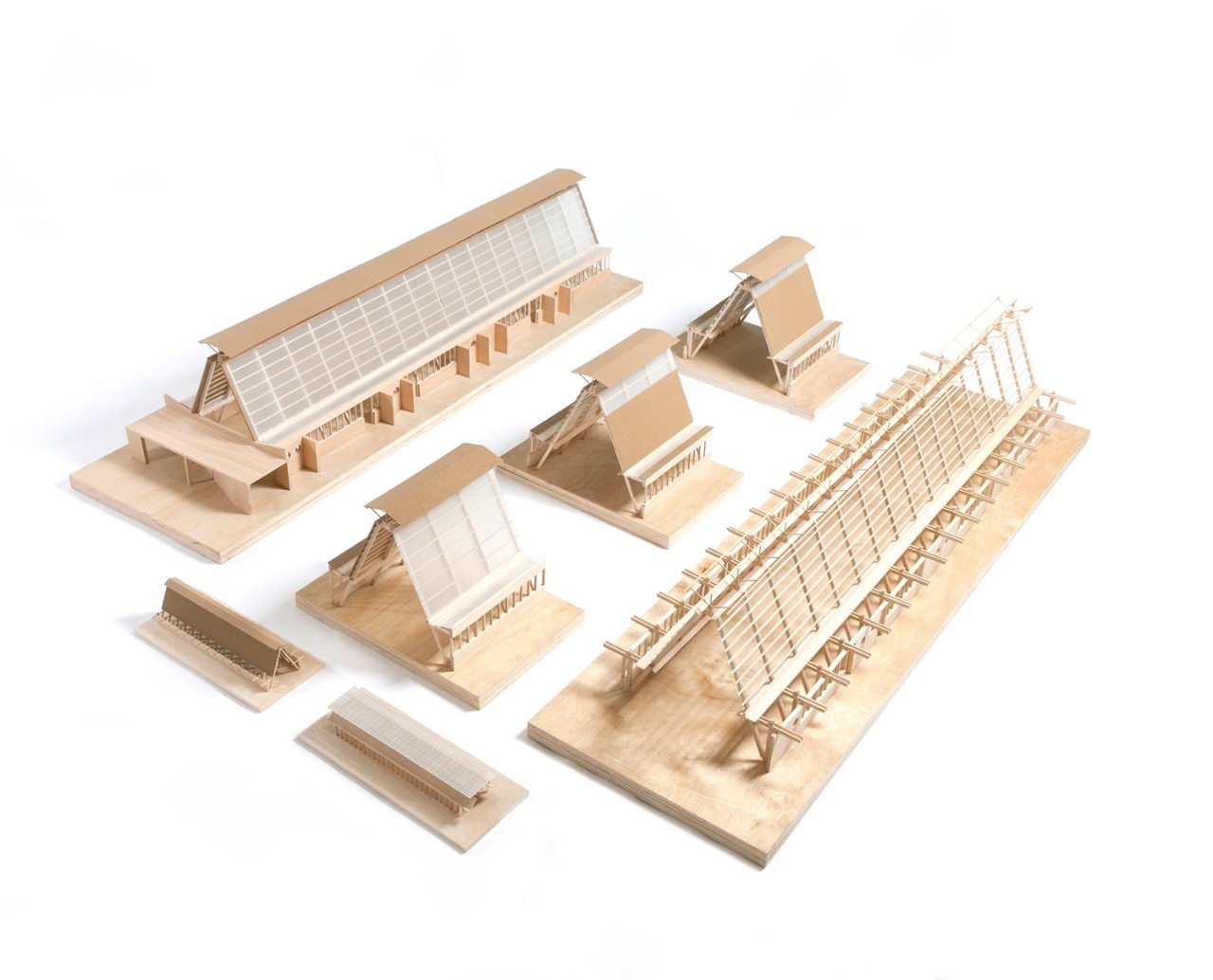Heinrich Wolff (Johannesburg, 1970) and Ilze Wolff (Cape Town, 1980) see the office they founded in Cape Town, South Africa in 2012 as “a vehicle for addressing social inequities, as well as the erasure of indigenous landscapes and narratives”. The design of space is their focus, but they pursue other disciplines and missions as photographers, artists, film directors and writers, which enriches their scope with social advocacy, conceptual art, publishing and scholarship.
Heinrich Wolff is a recipient of the 2007 Daimler Chrysler Award for Architecture and the 2005 Lubetkin Award. Ilze Wolff conducts research for cross-disciplinary projects including the book Unstitching Rex Trueform: The Story of an African Factory (2017) about a garment manufacturing industry in Cape Town as a source of multiple narratives, images and identity constructions. On a daily basis, Wolff Architects integrates its architectural practice with consultancy services, an art gallery located in the office, a publication, and site-specific artistic installations. The firm has designed many exhibitions, including “African Mobilities” in Munich, 2018, where a constellation of social spaces is used to polarise an exploration of urban visions concerning Africa.
Regarding architectural design, the firm often interprets a technical device to make a spatial and social device. One example is the canopy covering the court at the Cheré Botha School in Bellville, Cape Town (2019). An A-frame of timber forms a roofed outdoor space, communal between classrooms. Another example is the extension for the Vredenburg Hospital (2019) in Western Cape, South Africa, where a specially designed roof allows natural light to flood the corridors while also carrying the mechanical, electrical and plumbing lines, which marries the “super form” of the ceilings with the “sub form” of cellular rooms.






